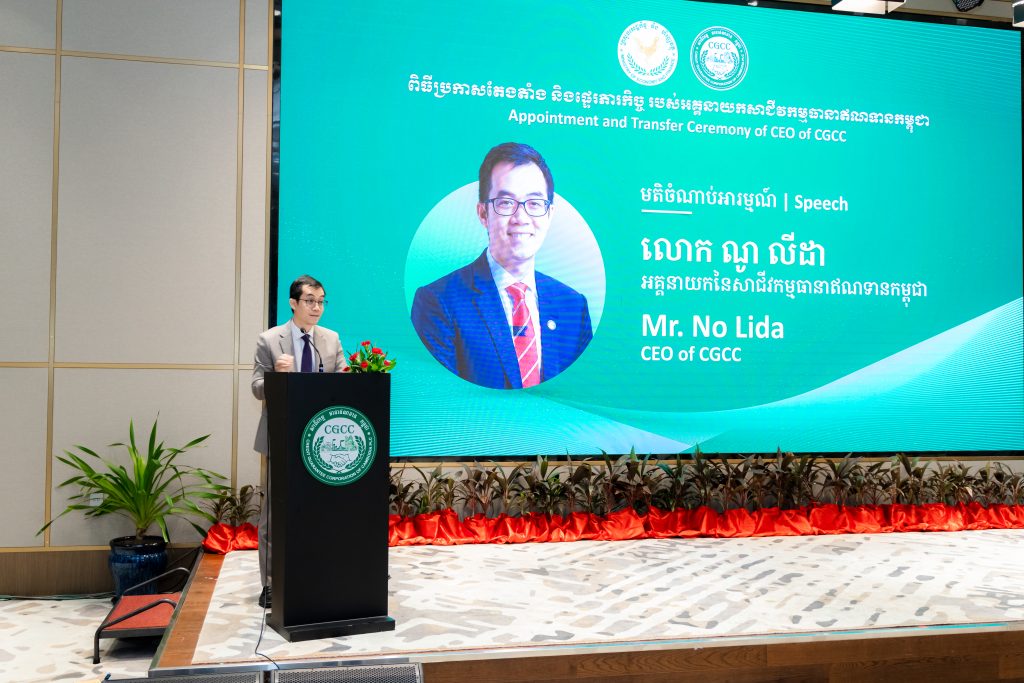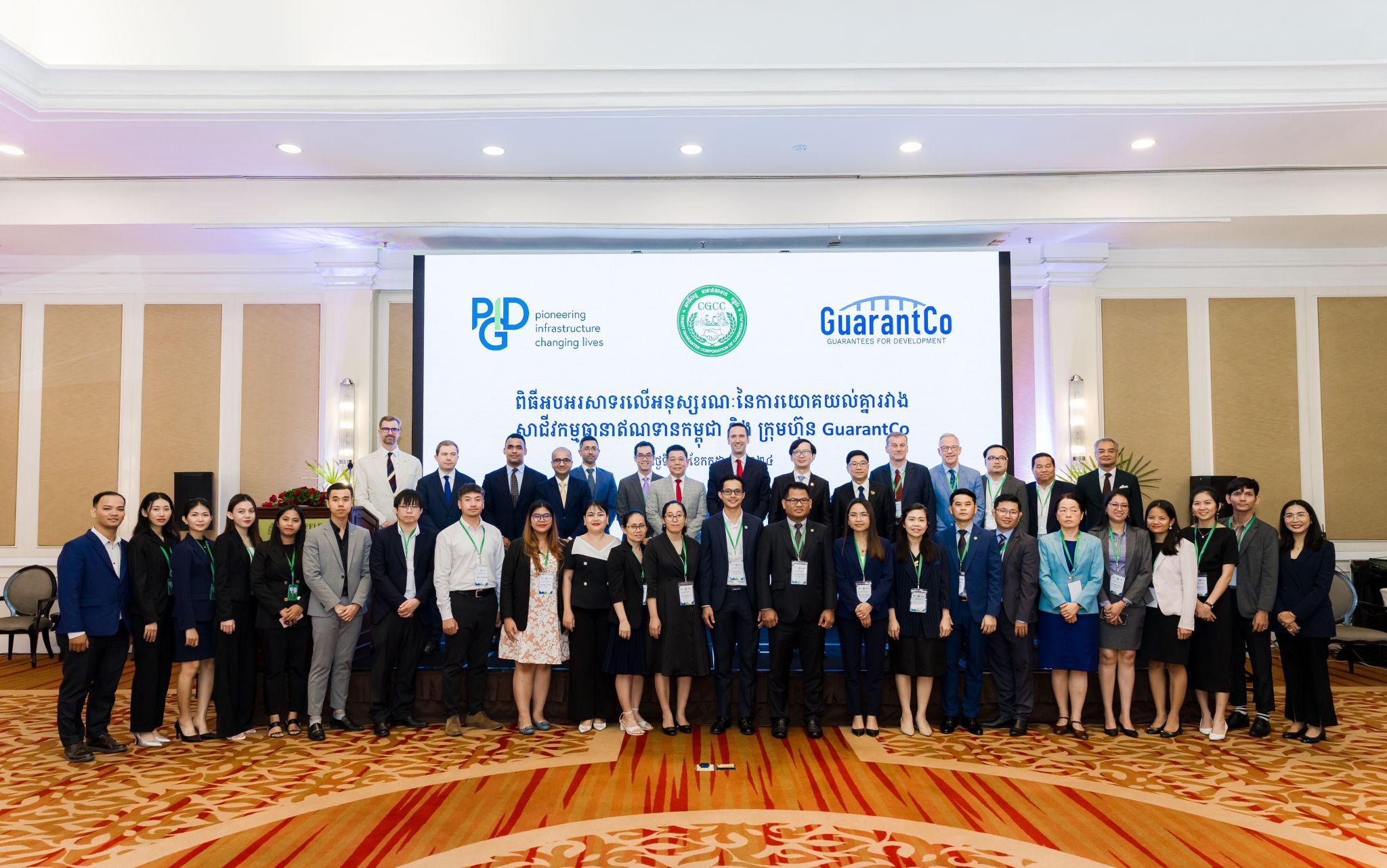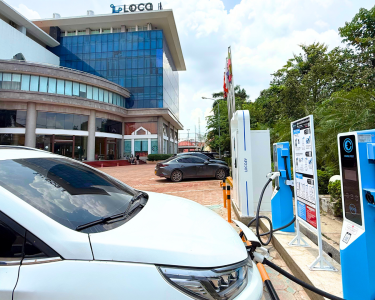Cambodia Investment Review
In a move aimed at strengthening Cambodia’s local debt capital market and advancing infrastructure development, GuarantCo and the Credit Guarantee Corporation of Cambodia (CGCC) have signed a landmark USD 10 million Counter-Guarantee facility agreement. The strategic collaboration underscores a broader push to scale up sustainable infrastructure financing in emerging markets.
Deal Enhances Risk-Sharing Capacity for Major Projects
The agreement supports GuarantCo’s existing USD 70 million guarantee to CamGSM PLC (Cellcard), one of Cambodia’s leading telecom operators. The new facility allows GuarantCo to manage its exposure to single obligors, sectors, and geographies more effectively, while continuing to support high-impact projects such as the Cellcard sustainability bond.
GuarantCo, part of the Private Infrastructure Development Group (PIDG), highlighted the transaction as a pioneering example of risk-sharing between an international development finance institution and a state-backed guarantor.
“This marks a breakthrough in risk-sharing structures in Cambodia,” GuarantCo stated in its announcement. “It sets a precedent for how international and domestic institutions can collaborate on sustainable financing models.”
For more on sustainable finance mechanisms in the region, see PIDG’s infrastructure development strategy.
Capacity Building for Cambodia’s Bond Market
For CGCC, the deal represents a significant evolution in its institutional capacity. By directly engaging in a large-ticket infrastructure transaction, the corporation is expected to enhance its expertise in structuring and risk mitigation.
“This is more than just a guarantee—this is a strategic investment in Cambodia’s financial future,” said No Lida, CEO of CGCC. “It allows us to build capacity in bond guarantees and paves the way for future risk-sharing innovations with international partners.”
The partnership also allows CGCC to roll out more complex guarantee structures to support Cambodia’s developing infrastructure pipeline, particularly in areas such as transport, energy, and telecoms.

Leadership Commentary Highlights Long-Term Vision
Nishant Kumar, Managing Director of Asia Investments at GuarantCo and Head of Coverage – Asia, PIDG, emphasized the significance of the initiative for the region. “This initiative is a clear expression of our commitment to sustainable financing and local market development in Southeast Asia,” said Kumar. “We are advancing our mission to channel non-bank capital into impactful infrastructure projects, and this collaboration with CGCC will act as a catalyst for growth in Cambodia’s debt capital markets.”
Kumar added that the partnership is designed to empower Cambodia to build robust local financing capabilities while aligning with broader development objectives.
Meanwhile, No Lida noted that the transaction has already helped enhance CGCC’s bond guarantee capacity and that the corporation is looking forward to deepening its engagement with GuarantCo in future deals.
Broader Implications for Emerging Markets
The deal is viewed as a model for how emerging markets can unlock new financing instruments by blending international expertise with domestic institutional growth. It also reflects a rising trend among development finance institutions to work more closely with local guarantors and regulators.
According to development experts, such risk-sharing partnerships are critical to mobilizing private capital for infrastructure projects in countries like Cambodia, where long-term financing gaps persist.
For background: CGCC’s mandate and recent activities
As global development finance increasingly focuses on leveraging private investment for infrastructure, this deal may pave the way for other Southeast Asian economies to adopt similar blended financing strategies.





